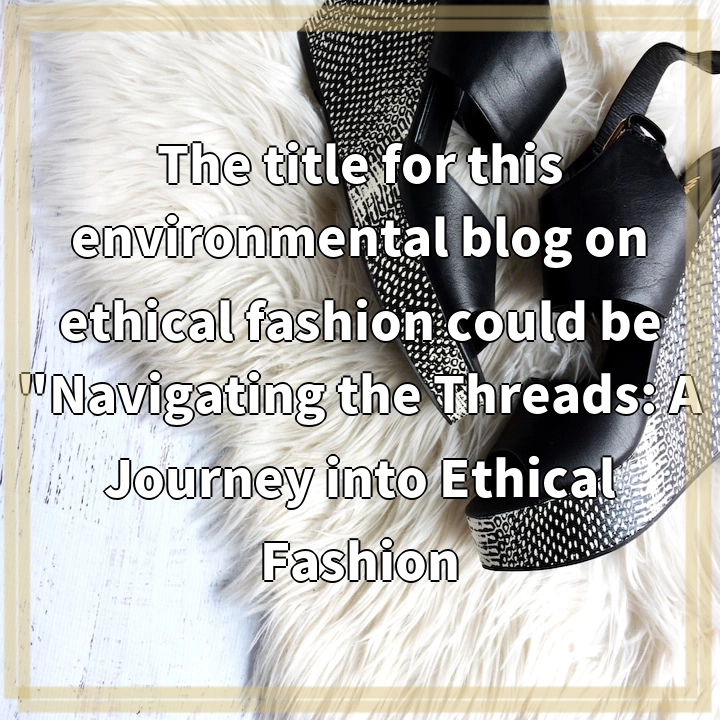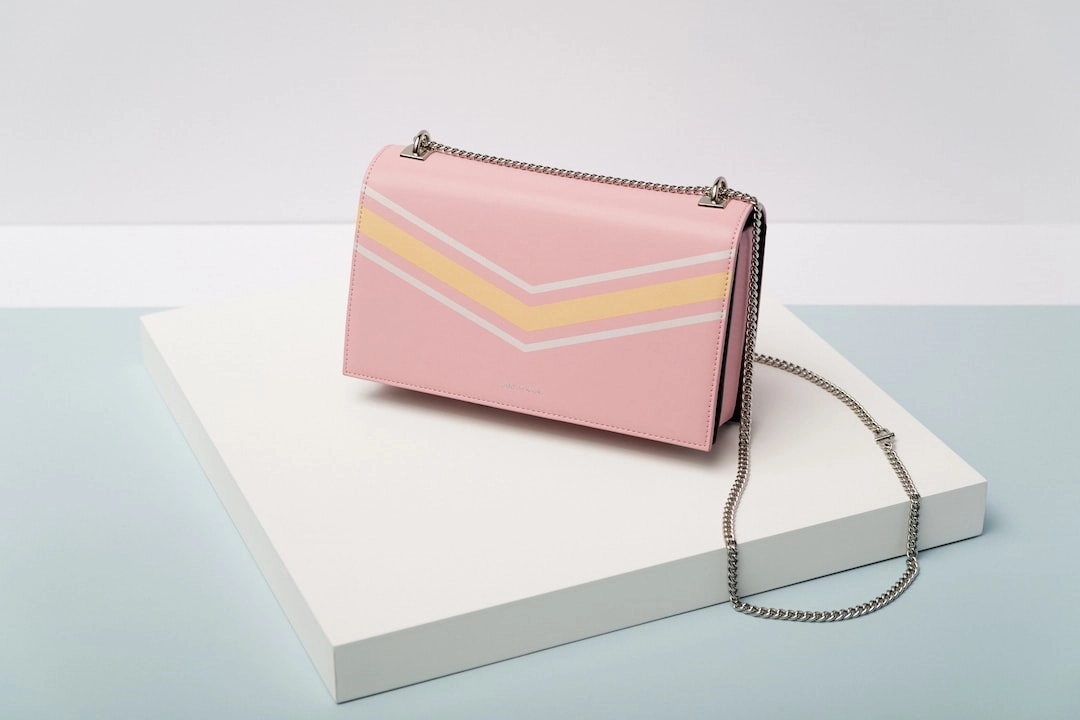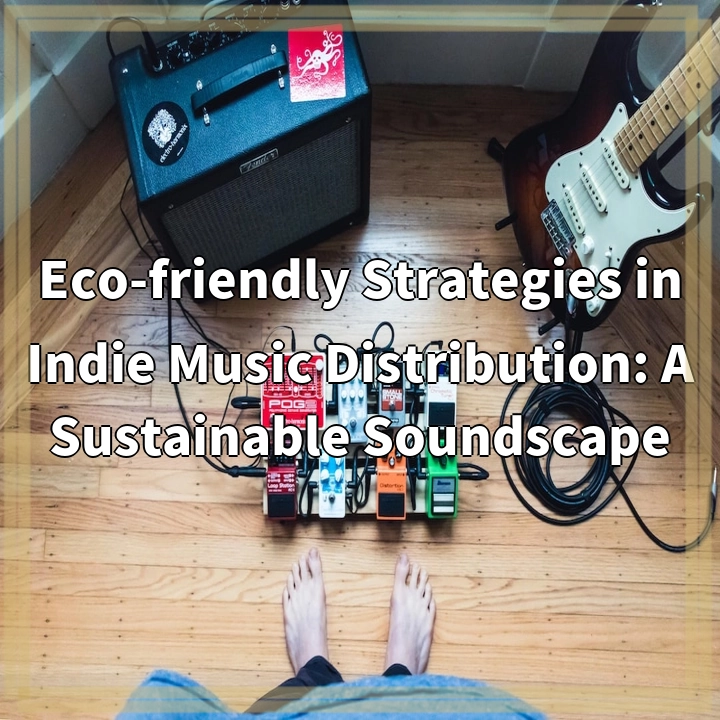
What is Ethical Fashion?
Ethical fashion, also known as sustainable or conscious fashion, is a movement that aims to promote social and environmental responsibility within the fashion industry. It encompasses various aspects, such as fair wages and working conditions, environmentally friendly materials and production methods, animal welfare, and the reduction of waste and pollution throughout the supply chain.
Real-World Problems Associated with Ethical Fashion
1. Exploitation of Workers
One of the major problems in the fashion industry is the exploitation of workers, especially in developing countries where labor laws and regulations may be weak or poorly enforced. Many garment workers endure long hours, low wages, unsafe working conditions, and even forced labor. Ethical fashion aims to address these issues by promoting fair wages, safe working conditions, and workers’ rights.
2. Environmental Impact
Fast fashion, which refers to the quick production and consumption of inexpensive garments, has significant environmental consequences. The fashion industry is a major contributor to pollution, water scarcity, deforestation, and greenhouse gas emissions. Ethical fashion seeks to reduce this impact by promoting sustainable materials, responsible manufacturing processes, and recycling or upcycling of clothing.
3. Animal Cruelty
The fashion industry has a long history of using animal products, such as fur, leather, and exotic skins. However, the production of these materials often involves cruelty and unethical practices. Ethical fashion advocates for the use of alternatives to animal products and promotes the welfare and rights of animals.
4. Overconsumption and Waste
In today’s consumer culture, the demand for new fashion trends is constantly increasing, leading to excessive production and consumption. As a result, vast amounts of clothing end up in landfills, contributing to waste and pollution. Ethical fashion encourages conscious consumption, durability, and recycling or donating clothes to minimize waste.
By addressing these real-world problems, ethical fashion aims to create a more sustainable and responsible fashion industry. It offers alternatives for consumers, promotes transparency and accountability among fashion brands, and encourages mindful choices that benefit both people and the planet.

Solutions for Ethical Fashion
1. Promoting Ethical Production
Ethical fashion encourages brands to adopt fair trade practices, ensuring that garment workers are paid fair wages and provided with safe working conditions. This includes establishing transparent supply chains and partnering with suppliers that adhere to ethical standards.
2. Embracing Sustainable Materials
Using sustainable materials in fashion production can significantly reduce the environmental impact. This involves promoting organic or recycled fabrics, reducing water and energy consumption during manufacturing, and minimizing the use of harmful chemicals.
3. Supporting Secondhand and Vintage Fashion
Encouraging the purchase and use of secondhand and vintage clothing helps to reduce the demand for new garments and minimizes waste. Thrift stores, online marketplaces, and clothing swaps are excellent sources for finding unique and pre-loved items.
4. Advocating for Animal Welfare
Ethical fashion promotes cruelty-free alternatives to animal products, such as faux fur and vegan leather. It encourages the fashion industry to end the use of materials derived from animals and supports brands that are committed to ensuring the welfare and rights of animals.
5. Educating and Raising Awareness
Increasing awareness about the issues within the fashion industry is crucial for driving change. Education initiatives, campaigns, and events can help consumers make informed decisions, understand the impact of their choices, and demand more ethical and sustainable practices from fashion brands.
By implementing these solutions, ethical fashion strives to transform the industry into a more responsible and sustainable one. It empowers consumers to make conscious choices, encourages brands to prioritize ethics and sustainability, and fosters a positive change that benefits both people and the planet.















